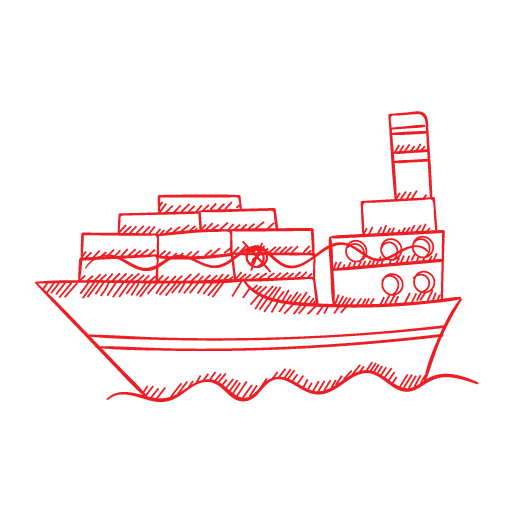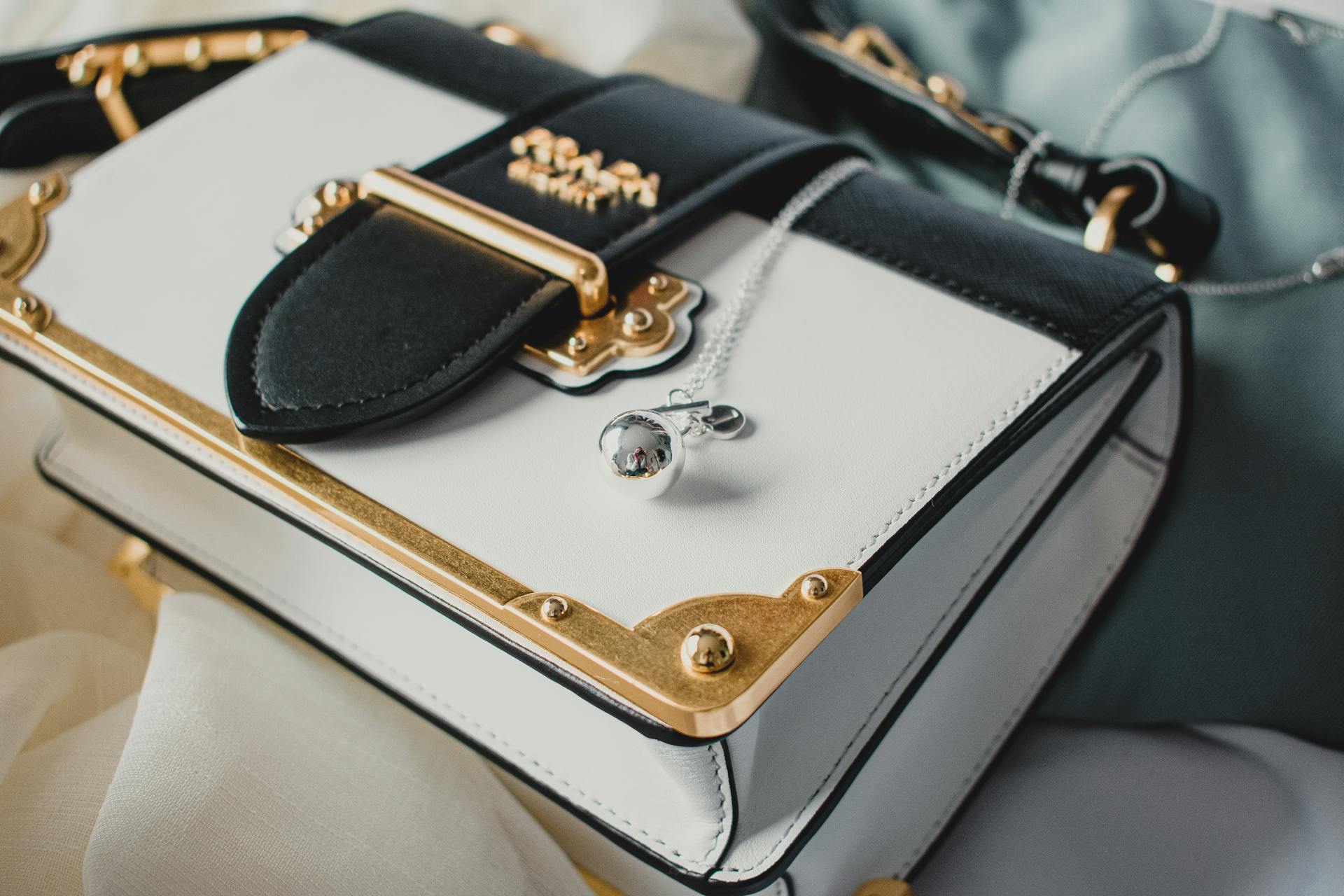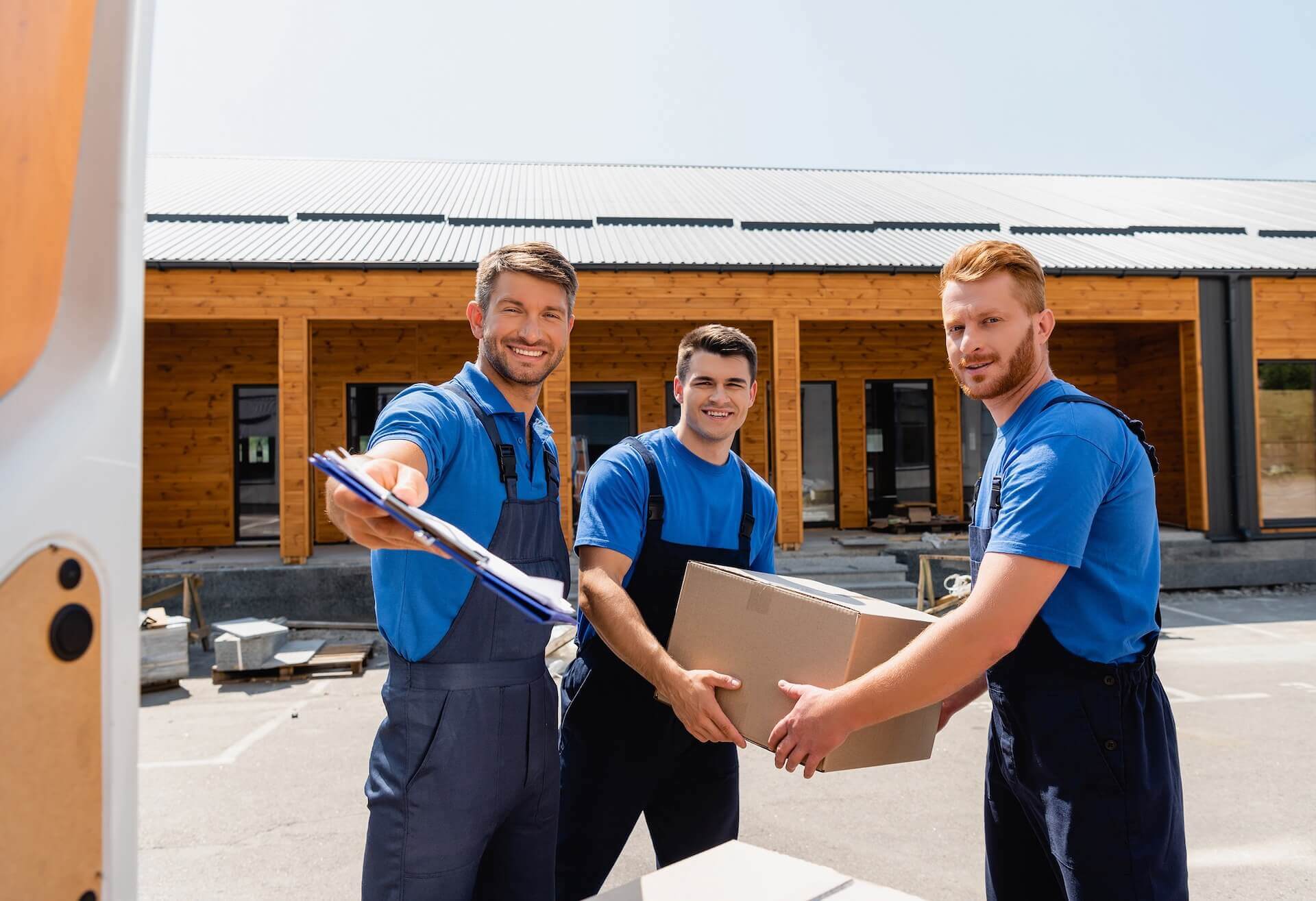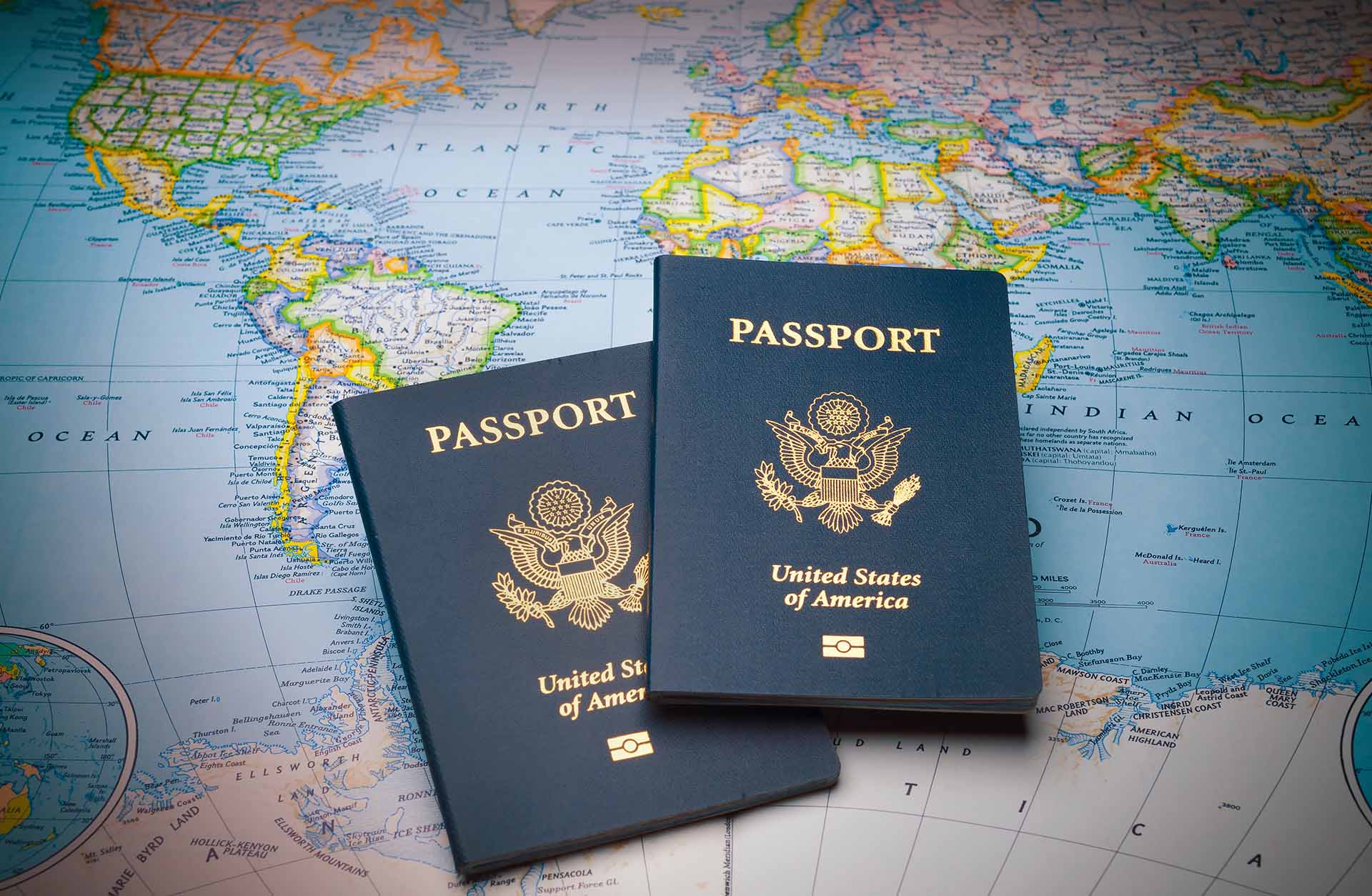Relocating to a new country is exciting, but when it involves moving to a different climate as well, the excitement can quickly turn into anxiety. After all, adjusting to a new environment requires more than just packing up your belongings. Let’s explore how you can best prepare for this kind of move.
When shipping overseas to a hot climate, focus on packing heat-sensitive items like electronics and furniture with proper insulation. In cold climates, make sure fragile items are insulated from freezing temperatures. Hiring professional movers can make the process easier, as they offer expertise in packing for different weather conditions. Additionally, adapting your wardrobe and giving yourself time to adjust can ease the transition into your new environment.
Understanding the Impact of Climate on Your Lifestyle
Relocating across the world means more than just learning a new language or getting past the culture shock. In some cases, it can also mean completely adapting to new weather patterns, which might affect more than you think. Whether you’re relocating to the snowy mountains of Canada, the balmy beaches of Australia, or the dry deserts of the Middle East, it isn’t just a matter of swapping jackets for shorts.
For starters, when moving overseas, your lifestyle will likely need a little tweaking. If you’re used to temperate conditions and suddenly find yourself in a tropical country, things like air conditioning, bug repellant, and breathable clothing will become daily essentials. On the other side, if you’re relocating to a colder climate, you’ll need to think about investing in insulated windows, heavy coats, and snow-friendly gear.

Packing Smart for Hot Climates
Relocating to Brazil, Thailand, or another country with year-round warmth might sound like paradise, but packing for these climates can feel like anything but. It should go without question that if you have the freedom to choose the time to move, you should go with the colder months. For example, if you’re relocating to Egypt or UAE, it’s better to schedule your move for early spring or late fall when temperatures are more manageable.
When moving internationally, tropical temperatures can be brutal on your belongings, especially if you’re not strategic about it. High heat and humidity have a way of turning your carefully packed boxes into a mini sauna. Your electronics, furniture, and even clothing aren’t going to appreciate the sweat, so here is how to protect them:
Items like TVs, laptops, and gaming consoles are particularly vulnerable to overheating. To avoid frying your gadgets when packing electronics, make sure they have proper insulation. Use thermal bubble wrap or temperature-resistant packing materials, and clearly label the boxes as “fragile” and “temperature sensitive.” It would be smart to bring smaller devices with you on the plane, where the air conditioning will keep them safe.
Wooden furniture is another thing to watch out for in tropical climates. High humidity can cause wood to warp or swell. Before moving abroad, treat wooden furniture with a moisture-resistant finish to help protect it from the elements. Wrap it in breathable materials, such as relocation blankets, rather than plastic to allow airflow and prevent condensation buildup. And don’t forget – leather furniture doesn’t get a free pass either. Heat can cause cracking, so make sure it’s well-protected with padding and cloth covers.
When packing clothes, avoid packing heavy items in vacuum-sealed bags, as humidity can create moisture pockets, potentially leading to mold. Instead, opt for lightweight, breathable packing options, and consider leaving your winter coats behind – unless you’re planning a trip to the Alps.
Preparing for Cold Weather Moves
Relocating to colder weather conditions isn’t just about packing your favorite winter jacket. If you don’t plan carefully, your items could suffer damage before you even get to unpack them. For furniture, wrapping it in moisture-resistant, insulated materials should be on your to-do list.
Cold weather can cause wooden furniture to expand and contract, leading to cracking or warping. The addition of moisture from snow or ice only makes this worse. Instead of plastic wrap, which can trap moisture, use blankets and padding specifically designed to combat cold weather. For leather or fabric furniture, moisture can cause mildew or even freeze damage, so double up on the protective layers.
Electronics also hate the cold. Any moisture that seeps in can freeze, damaging sensitive internal components. Pack electronics in boxes lined with thermal bubble wrap, and keep them away from the walls of the relocation trucks where they’re most exposed to cold temperatures. Believe it or not, you also need to learn how to pack dishes for cold temperatures. Colder weather can cause the glass to become brittle and crack. Ensure they are packed tightly with proper padding, like packing paper and bubble wrap.

Adapting Your Wardrobe to New Weather Patterns
Whether you’re heading to a tropical paradise or bracing for a snow-filled winter wonderland, adjusting your wardrobe to match the local weather conditions is a must.
If you’re relocating from a temperate climate to somewhere tropical, lightweight, breathable fabrics will become your new best friends. Before you start living abroad, get rid of the heavy materials and stock up on cotton, linen, and moisture-wicking fabrics that will help keep you cool and dry. Hats and sunglasses aren’t just fashion accessories in these climates; they’re essential for shielding yourself from the sun’s rays.
On the flip side, relocating to colder weather conditions, such as those in northern Europe, calls for layers – lots of them. Invest in thermal undergarments, wool sweaters, and water-resistant outer layers that will keep you warm and dry in snow or sleet. Your shoes should be insulated and waterproof to survive icy conditions, and don’t skimp on accessories like hats, scarves, and gloves. If you’re new to harsh winters, learning how to layer effectively will keep you warm without feeling too bulky.
Did You Know? The Humidity Battle in Coastal Cities
Humidity is an unseen but dangerous factor when relocating to coastal cities. If you plan to move to Singapore, for example, be prepared for annual humidity levels soaring above 80%. For items like wooden furniture, books, and electronics, high humidity can cause warping, mold growth, and electrical failures, making careful preparation essential.
Foreign Country Feature – Surviving Rainy Seasons in Southeast Asia
If you’re moving to Thailand, Vietnam, or some other part of Southeast Asia, one of the biggest climate adjustments you’ll face is the infamous monsoon season. Monsoon rains in Southeast Asia are heavy, but they often come in bursts – intense downpours followed by clear skies.
The key to surviving the rainy season is preparation, not avoidance. When relocating to a new city, you’ll want to invest in high-quality rain gear, such as a sturdy umbrella and a waterproof jacket that’s lightweight enough to carry around daily. Don’t rely on just a regular umbrella – pick one that’s wind-resistant because the gusts during these rains can be pretty powerful.

Protecting Your Valuables When Moving to a Different Climate
When it comes to relocating valuable and fragile items, especially to countries with different weather patterns, the stakes are high. Whether it’s a priceless piece of artwork or a cherished musical instrument, these items need extra care to survive the journey in top condition.
For artwork, extreme temperatures can cause serious damage. Heat can warp canvases, and cold can crack paint, especially if the art is oil-based. To protect it before hiring an international moving company and relocating, wrap each piece in acid-free paper. It helps prevent chemical reactions from damaging the art over time. Add a layer of bubble wrap for cushioning and pack each piece in a crate if possible. For particularly valuable pieces, professional art shippers may even recommend a custom-built crate to ensure the artwork is safe from both temperature shifts and physical impact.
Musical instruments are equally sensitive to changes and weather conditions, especially those made of wood like violins, guitars, or pianos. Before packing, instruments should be thoroughly cleaned and, in some cases, disassembled (like loosening the strings on a guitar) to reduce tension. High-quality instrument cases are a must.
Settling Into Your New Climate
Relocating to a country with different weather patterns isn’t just about packing the right clothes and adjusting your daily routine – it can also have a profound impact on your body. How long does it take to acclimate to a new climate? On average, it takes the human body about two weeks to adjust to a new climate, though this timeline can vary depending on the extremity of weather and your overall health.
During this period, you may experience changes in your energy levels, sleep patterns, and even skin health as your body works to regulate its internal temperature. In hot climates, for example, it can take your body some time to improve its sweat response, meaning you may feel extra sluggish or prone to overheating in the first days.
Staying hydrated is key, as dehydration is a common risk in hotter environments. If you’re relocating somewhere colder, your body will focus on conserving heat, which can leave you feeling more fatigued and craving high-energy foods. To prepare for this transition, it’s essential to pace yourself by:
- Avoiding strenuous activities in the first few days after arriving and giving your body time to adjust,
- Gradually exposing yourself to the new weather conditions rather than diving headfirst into outdoor activities,
- Maintaining a healthy diet rich in fruits, vegetables, and water to help your body adapt more smoothly.

Let Professionals Help You Prepare for a Seamless Climate Transition
An overseas shipping company can take much of the relocation stress off your shoulders. A reliable team, such as I Love International Moving, is always ready to offer expert guidance and international moving services tailored to your specific needs.
Professional movers can handle the logistics of your move, as relocating during heat or cold can be tricky. They have the expertise to recommend the best times for shipping your belongings, ensuring they don’t get stuck in warehouses or trucks during the worst weather conditions. Most reliable companies also offer climate-controlled storage and transport options, so even your most sensitive items are safe from temperature fluctuations.
Not only that, but they are also trained to handle all types of climates and understand how environmental factors can affect your belongings. Since they are trained to pack and protect your items, investing in their packing services should also be something to think about.
Ultimately, hiring movers saves you time and energy, allowing you to focus on adjusting to your new weather conditions without worrying about the fate of your belongings. By leaving the heavy lifting and climate-proofing to professional movers, you’ll be able to move efficiently and smoothly, no matter the destination.
Navigate Your Move With Ease With the Help of Our Overseas Moving Company
By choosing I Love International Moving, you’re not just ensuring the safe transport of your belongings – you’re also taking a major step in easing the stress of adjusting to a new country. With our expertise in packing, handling, and timing your move, our professionals can help protect your valuables from the challenges posed by changes in temperature. Whether you’re heading to a tropical paradise or a chilly winter wonderland, you can rest easy knowing that your items are in safe hands. Contact us today and schedule your relocation on time.












